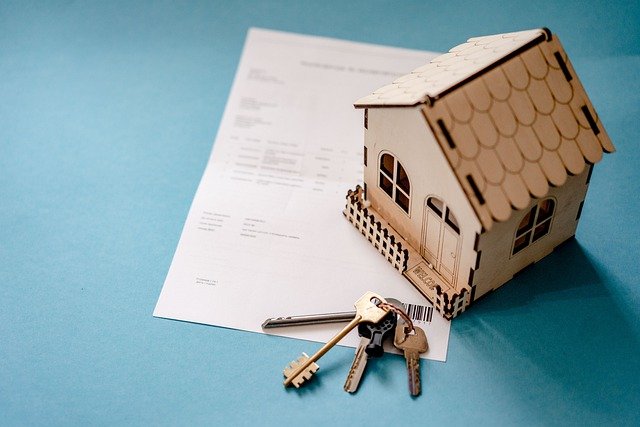7 cap
You can use the same cap rate formula to calculate the value of a building using its NOI. The example shows that if the property generates $500,000 of NOI and that the appropriate market cap rate (i.e. the unlevered returns) for similar projects in the same market is 5%, then you can divide $500,000 with 5% to calculate a $10,000,000 value. A project that generates $500,000 of NOI may be worth $8.3million if it has a market cap rate of 6%. This shows how shifting returns expectations in the marketplace (in the case of the cap rate) may cause implied real estate prices to fluctuate.




